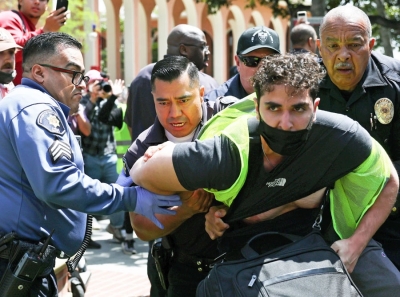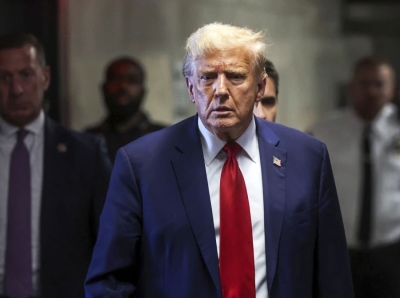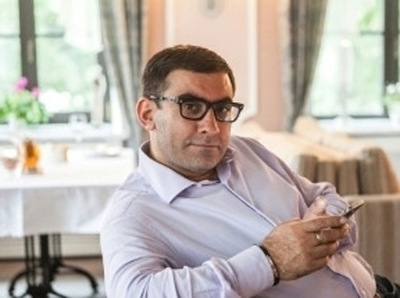The Netherlands: how will the new parliament function?
In the Netherlands, the new Tweede Kamer (lower house) of the Dutch parliament has been sworn in, although the question of who will form the next government remains open. Election winner Geert Wilders and his far-right PVV are seeking coalition partners, but so far he has failed to secure the necessary support. Commentators voice unease about the composition of the parliament.
Time for serious debates and politics
NRC warns that the PVV could undermine the rule of law:
“The PVV’s strong base in parliament is a new sign that the far right has become a fully-fledged political movement in the Netherlands that must be taken seriously. We must prevent the party from undermining the rule of law from within the chamber. And that is a task for the other parliamentary groups. The PVV deserves opposition, for example when it comes to religious freedom. All 15 parliamentary groups, including the PVV, face the task that the previous chamber all too often failed to address: the challenges of these times require a serious debate. A new government must be subject to serious controls.”
A worrying lack of experience
De Volkskrant complains that almost half of the MPs are new:
“The high expectations of the voters weigh heavily on the shoulders of Geert Wilders and Pieter Omtzigt [leader of the centre-right NSC party] in particular, who together secured 40 seats and both symbolise the need for a breath of fresh political air. The downside of the landslide is that once again a lot of experience has been lost. ... The result is a parliament half of which has yet to learn the ropes, while the other half doesn’t have much experience either. In view of all the debates about the need for better legislation and about the chamber often offering too little resistance to the ministries, this is worrying.”









